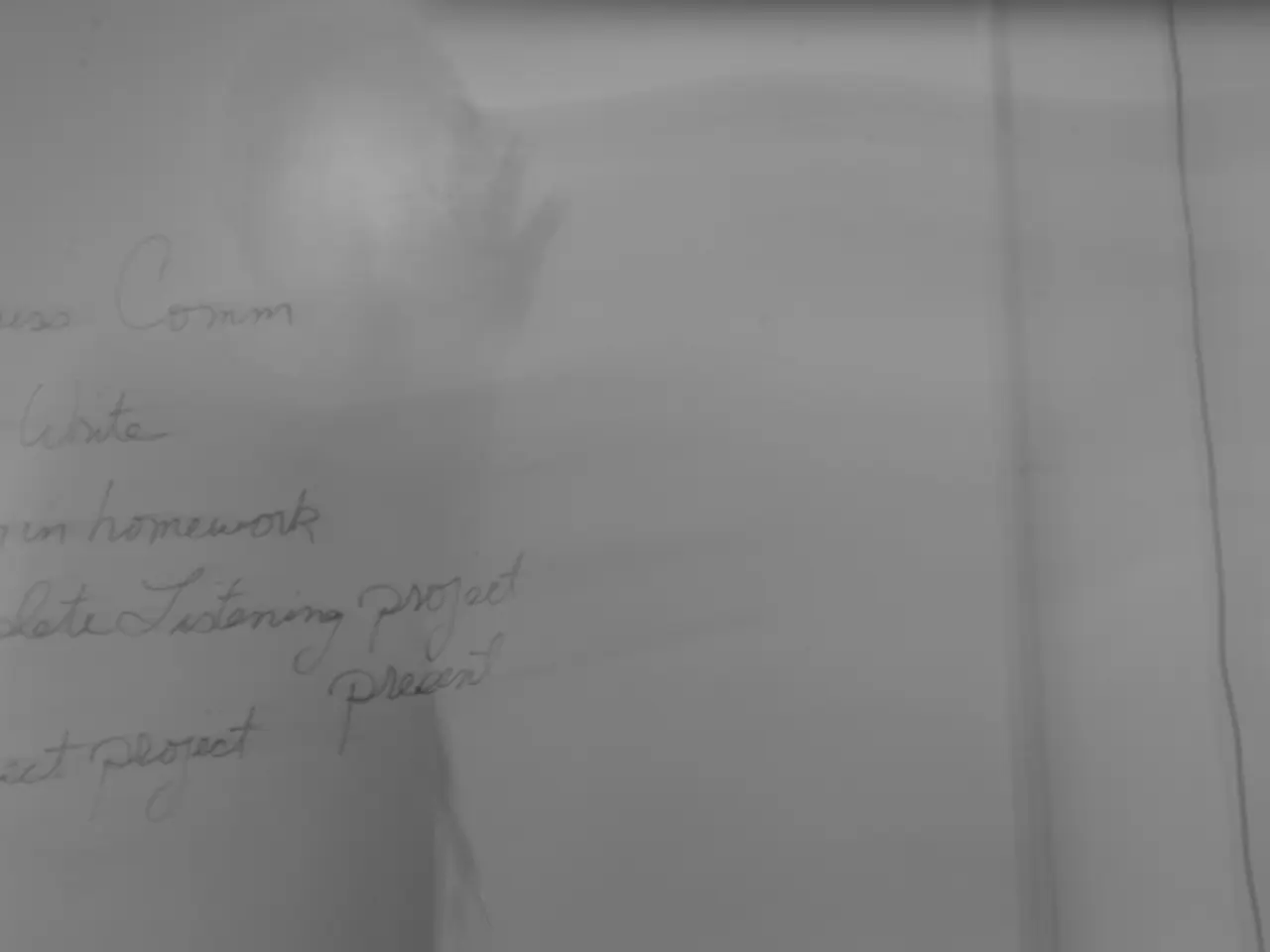continuation on commonhold's pitfalls (part 2)
In the realm of property ownership, a new model known as commonhold is gaining traction. However, as with any innovative system, it comes with its unique set of challenges, particularly in terms of financial resilience. Mark Wilson, Director of Myleasehold and a member of ALEP (Association of Leasehold Enfranchisement Practitioners), sheds light on the potential default risks in commonhold.
The lack of steady income streams is one such risk. Traditional leasehold ground rents, which historically provided a predictable revenue flow to freeholders or developers, are abolished in commonhold. Instead, financial sustainability heavily depends on the effective management of service charges and maintenance funds.
Management and service charge uncertainties are another concern. In commonhold, the collective owners manage the property via a commonhold association. This democratic governance model may lead to disputes or inefficiencies in decision-making, potentially causing delays or failures in collecting service charges needed to maintain the building. Any shortfall could risk default on communal expenses.
Reserve fund insufficiencies and planning gaps are also potential risks. Unlike leasehold where landlords or freeholders often manage long-term maintenance funds, commonhold requires the owners' association to plan and fund major works. Without mandatory reserve funds or certified asset management plans, there is a risk of sudden, large bills for repairs falling onto owners, which could cause financial distress or defaults.
Limited developer and lender engagement is another factor that could undermine the financial ecosystem supporting commonhold properties. Developers may be less willing to develop properties under this model, and lenders are less familiar with commonhold, leading to uncertainty in risk pricing. These factors might reduce investment, weakening the financial stability of commonhold communities.
Potential market segmentation is another risk. Due to these uncertainties and risks, a two-tier property market may arise, where commonhold properties could be less attractive to investors or buyers compared to leaseholds, affecting property values and financial stability of commonhold communities.
These risks could undermine financial resilience in several ways. Financial unpredictability arises from the loss of predictable income streams like ground rents, reducing steady cash flows. Inadequate forward planning, failure to maintain and fund reserve funds for major repairs, risks sudden financial demands, increasing default potential. Governance challenges, such as collective management, might delay or impair service charge collection and upkeep, leading to financial shortfalls. Market and funding challenges, like reduced developer/lender appetite, slow growth and add market risk, possibly undermining liquidity.
Taken together, these factors can lead to financial stress for owners and the commonhold association, increasing the risk that ongoing maintenance and services are underfunded or defaulted on, ultimately threatening the viability of the commonhold structure. New regulatory proposals seek to address some of these issues by mandating reserve funds and asset management plans and improving transparency, but practical risks remain as the commonhold model transitions to become the default tenure for flats.
In larger commonhold estates, professional managers are likely to have the real control, which could potentially mitigate some of these risks. However, the shift towards commonhold requires careful consideration and robust regulations to ensure its long-term success and financial resilience.
- In the commonhold model, financial sustainability relies heavily on effective management of service charges and maintenance funds, as traditional leasehold ground rents are abolished.
- Management and service charge uncertainties in commonhold could cause delays or failures in collecting service charges, potentially leading to default on communal expenses.
- Market and funding challenges, like reduced developer/lender appetite for commonhold properties, might reduce investment and weaken the overall financial stability of these communities.




